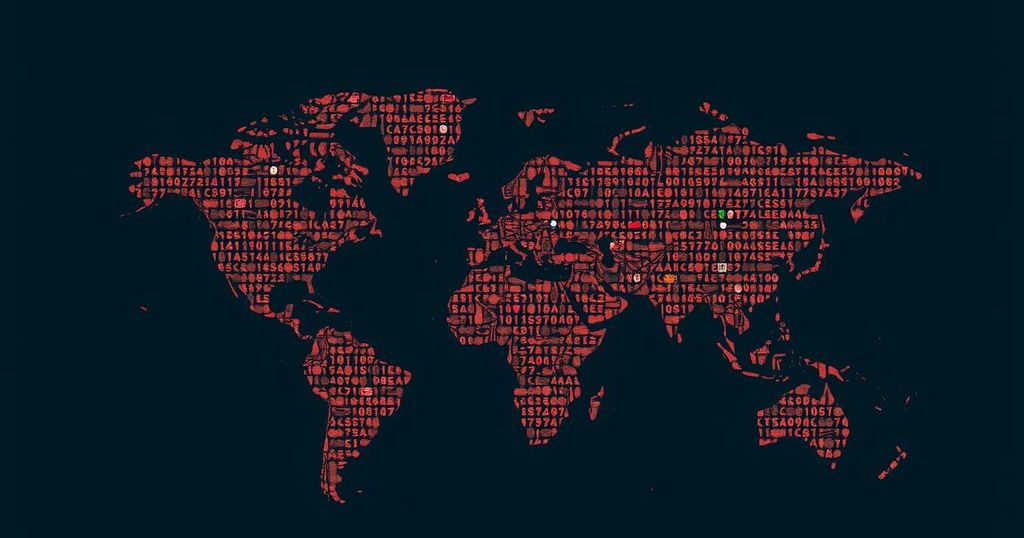Addressing the Threat of Disinformation to Humanitarian Operations in the DRC

The Democratic Republic of the Congo faces a severe humanitarian crisis with 6.5 million internally displaced persons amid ongoing conflict. Disinformation is emerging as a major obstacle to humanitarian operations, threatening both access and the safety of aid workers. The World Food Programme is implementing effective communication strategies and community outreach to combat misinformation and foster trust, ensuring the continuity of essential aid services.
The Democratic Republic of the Congo (DRC) is experiencing one of the most severe internal displacement crises globally, affecting approximately 6.5 million individuals. Their plight is exacerbated by ongoing conflicts, particularly in the eastern provinces where numerous armed groups operate. However, a critical, yet often overlooked peril to humanitarian operations in the region is disinformation. Wilfred Nkwambi, the head of the World Food Programme (WFP) office in northeastern Goma, North Kivu, sheds light on the impact of disinformation on humanitarian efforts. Disinformation, defined as the intentional spread of misleading or false information, poses significant challenges to the WFP’s operational strategies. In regions controlled by various factions, the WFP must maintain open lines of communication with influential stakeholders, including local armed groups, to secure safe access to vulnerable populations. The spread of false narratives on social media has complicated this task. Such misinformation not only threatens the safety of humanitarian workers but can also obstruct the distribution of essential food aid. Increasing scrutiny from local communities, interest groups, and armed actors means the traditional weight of UN affiliation is diminishing. Communities now demand tangible evidence of humanitarian impact. To mitigate the effects of disinformation and build trust, the WFP emphasizes the importance of effective communication. Recent initiatives include adapting food offerings to align with community preferences, such as conducting cooking sessions to introduce new dietary staples. The WFP actively monitors social media for potential threats to its operations and employs community outreach programs to educate local populations. In light of escalating violence against NGOs, these campaigns have proven critical in safely transporting food supplies. Collaboration with local media and community radio stations further aids in disseminating accurate information. Additionally, training sessions for local leaders and civil society members are conducted to ensure a comprehensive understanding of WFP operations. Within the organization, continuous training for frontline staff on protection and communication strategies enhances the responsiveness and efficacy of humanitarian missions. Overall, while disinformation presents significant challenges, the WFP’s commitment to communication and community engagement remains steadfast, ensuring that effective humanitarian assistance continues to reach those in need even amid the complexities of the DRC’s crisis.
The Democratic Republic of the Congo faces one of the world’s largest crises of internal displacement, with millions affected by ongoing conflicts primarily in its eastern provinces. As non-state armed groups expand their influence, humanitarian efforts are increasingly complicated not only by security issues but also by the growing challenge of disinformation. The spread of inaccurate information through social media and local narratives can undermine the operations of humanitarian organizations, jeopardizing both staff safety and the effective delivery of aid. Understanding these dynamics is essential for analyzing the current humanitarian landscape in the DRC.
In conclusion, disinformation poses a significant threat to humanitarian operations in the Democratic Republic of the Congo, impacting the safety and effectiveness of aid delivery. The World Food Programme recognizes the importance of addressing misinformation through proactive communication strategies and community engagement. By fostering trust and collaboration with local populations and stakeholders, the WFP seeks to enhance the resilience of its operations in a challenging environment.
Original Source: www.wfp.org








